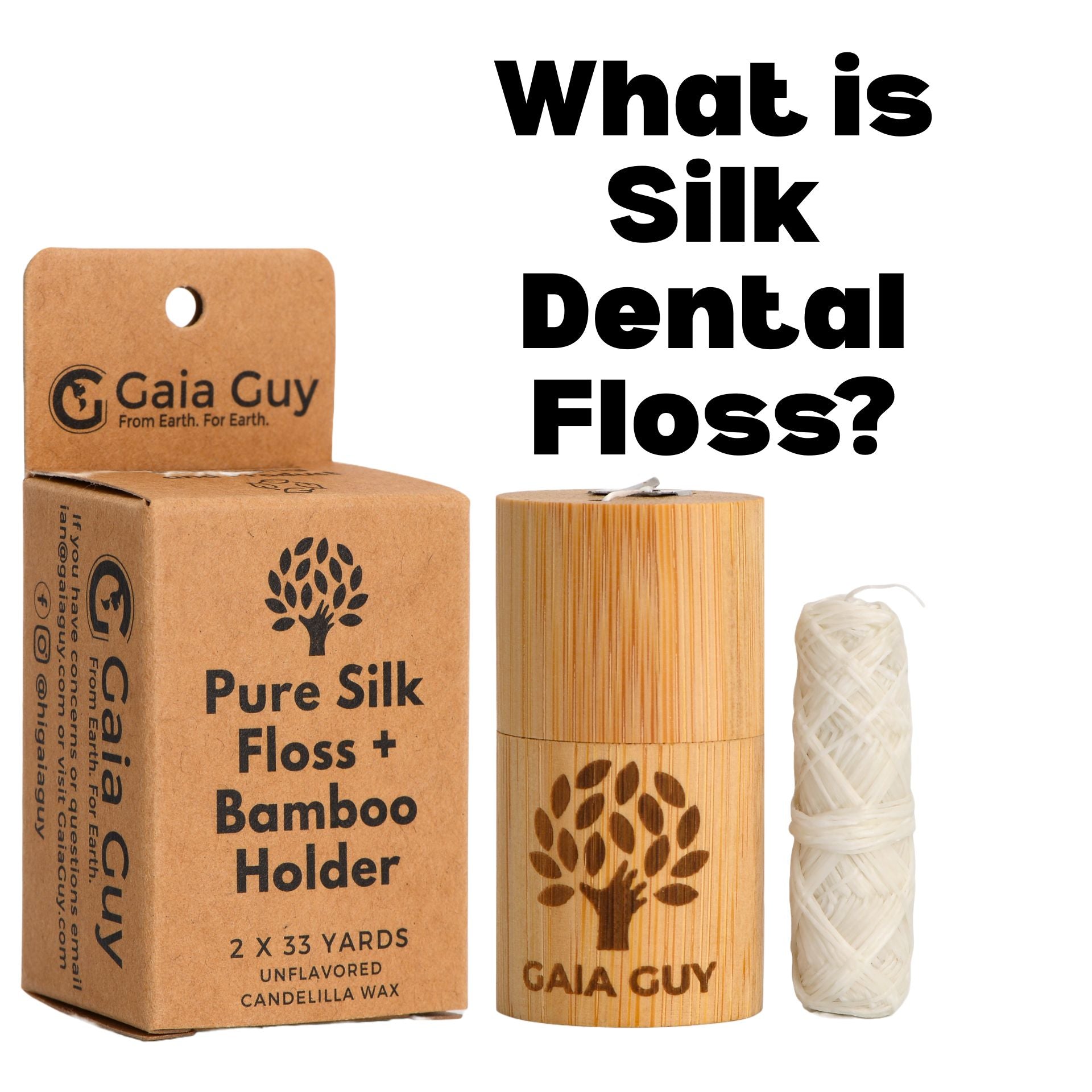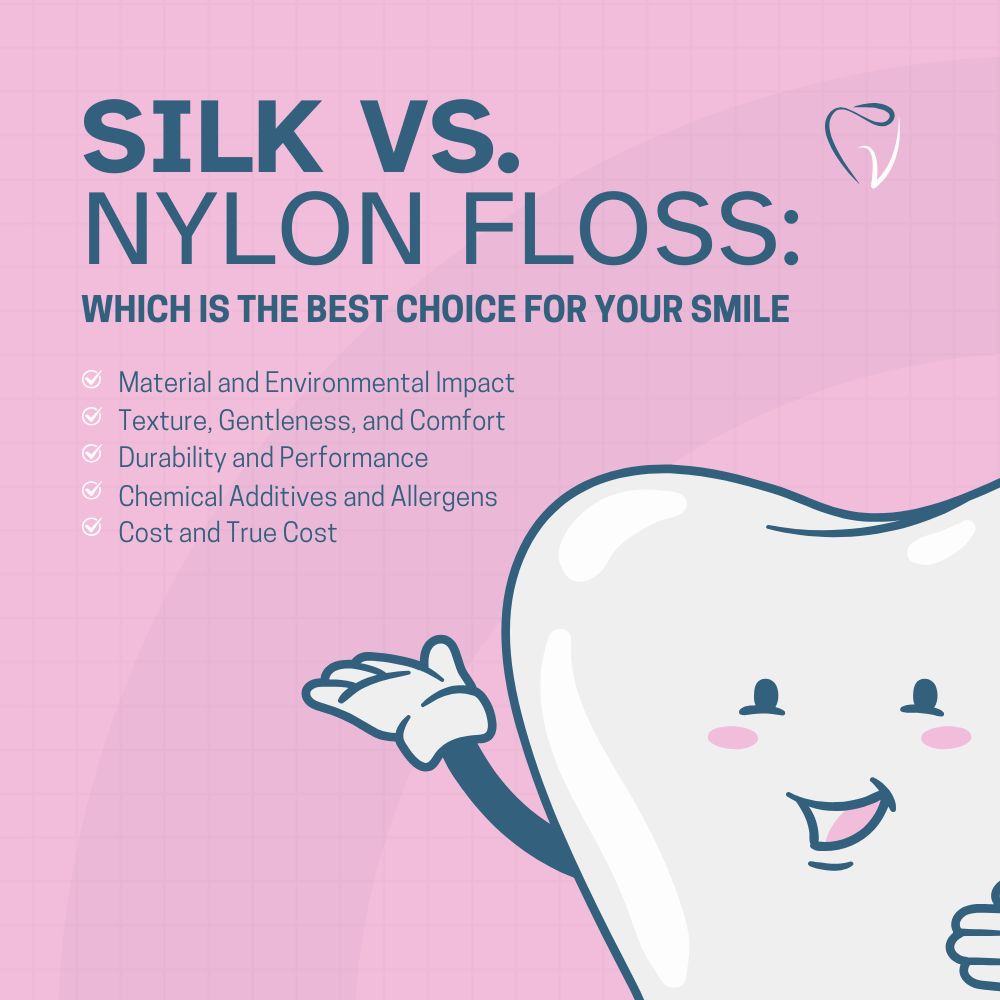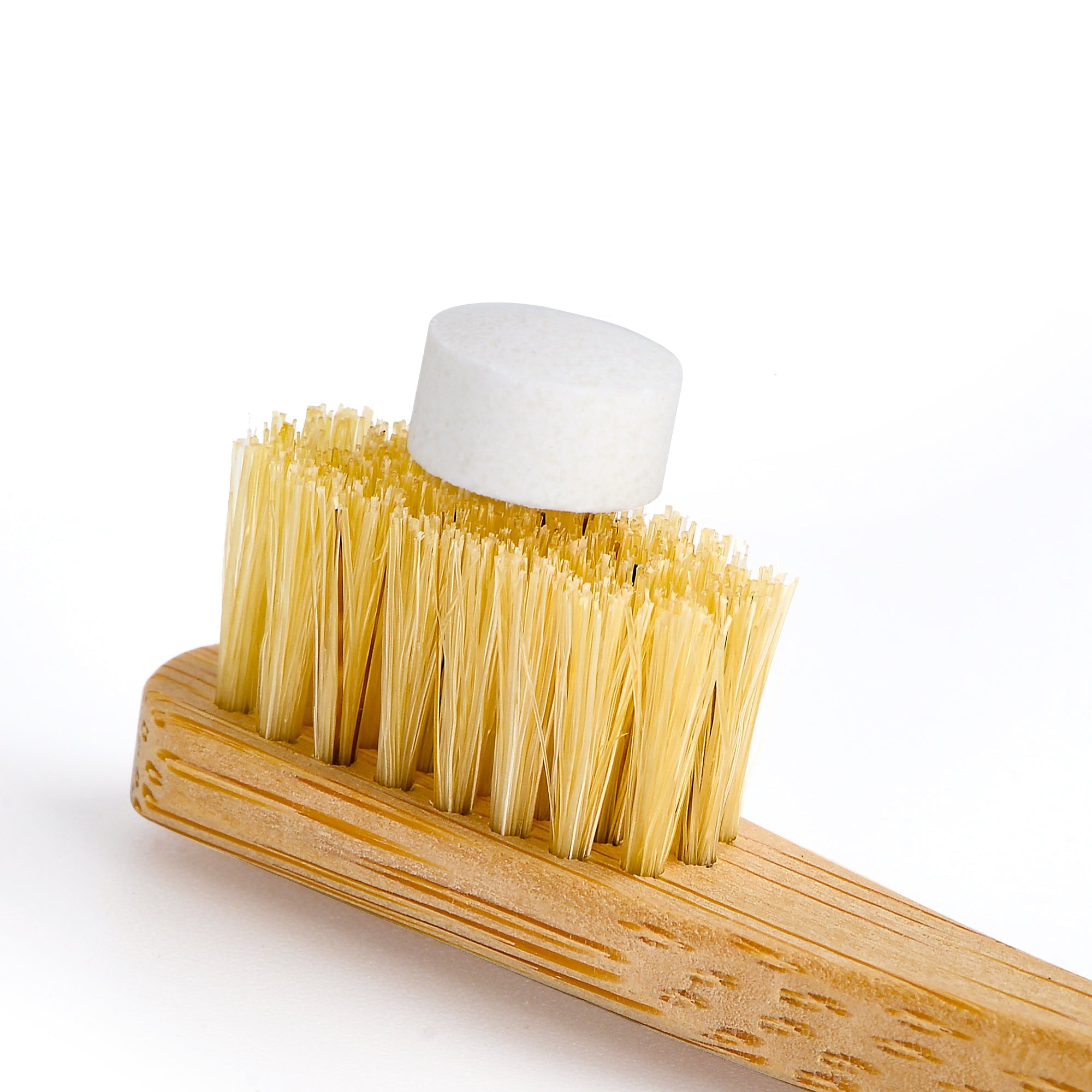Let's figure out just how these natural deodorants work and why we should consider these or traditional potentially hazardous antiperspirants. This post explores the science behind natural deodorants and their key ingredients, including baking soda, potassium alum, apple cider vinegar, and magnesium hydroxide. We will discuss how each of these ingredients works, what you should consider when choosing a deodorant, and their safety profiles.

Before that though let's quickly tackle this burning question. Why shouldn't you use traditional antiperspirants? You shouldn't use them because in recent years, concerns have arisen about the potential health risks associated with the use of conventional antiperspirants.
While there is ongoing debate and research on this topic, many individuals are seeking safer and more natural alternatives to control body odor. You may also be interested in natural and plastic-free deodorants for your sustainable odor control.
Baking Soda (Sodium Bicarbonate)
How It Works: Baking soda is a common ingredient in natural deodorants due to its odor-neutralizing properties. It works by raising the pH of the underarm area, creating an environment where odor-causing bacteria find it difficult to thrive. Works in natural toothpaste to reduce bad breath too. Baking soda helps absorb moisture, which contributes to odor reduction.
What to Consider:
- Sensitivity: Baking soda can be abrasive for some individuals with sensitive skin, potentially leading to irritation or rashes. This has certainly happened to me with my DIY deodorants I made in the past. You may need to reduce the amount of bicarbonate soda or switch to another option below.
- Effectiveness: Its effectiveness may vary from person to person, and some people may require frequent reapplication.
- Staining: Baking soda can sometimes leave white residue on clothing, which may not be aesthetically appealing.
Is It Safe? Baking soda is generally recognized as safe for topical use. However, if irritation occurs, discontinue use.
Potassium Alum
How It Works: Potassium alum, also known as alum stone (aka crystal deodorant), is a naturally occurring mineral that forms a protective barrier on the skin when applied. It acts as an astringent, constricting sweat glands and inhibiting bacterial growth responsible for body odor.

What to Consider:
- Stinging Sensation: Some users may experience a mild stinging sensation upon application, especially if applied to freshly shaved underarms. We specify on the box not to apply Gaia Guy's potassium alum based deodorant after shaving for this very reason.
- Effectiveness: While potassium alum is effective for many, it may not provide as strong sweat control as antiperspirants.
- Allergies: Although rare, some individuals may be allergic to alum and should test it on a small area of skin first.
Is It Safe? Potassium alum is generally considered safe for most individuals. However, those with sensitive skin should exercise caution. Check out this article on how potassium alum isn't like aluminum.
Apple Cider Vinegar
How It Works: Apple cider vinegar's natural acidity creates an environment that is inhospitable to odor-causing bacteria. It helps to balance the skin's pH and neutralize odor.
What to Consider:
- Strong Smell: Apple cider vinegar has a distinct odor that may not be preferred by all users.
- Sensitivity: Some individuals with sensitive skin may experience irritation when using apple cider vinegar-based deodorants.
- Staining: Like baking soda, apple cider vinegar can sometimes leave stains on clothing.
Is It Safe? Apple cider vinegar is generally safe when used in moderation. It's important to dilute it properly when making a DIY deodorant to avoid skin irritation.
Magnesium Hydroxide
How It Works: Magnesium hydroxide is an alkaline compound that helps neutralize odor by regulating the skin's pH and inhibiting bacterial growth. It also provides moisture control.

What to Consider:
- Staining: Magnesium hydroxide is less likely to stain clothing compared to baking soda. Gaia Guy was also tired of the staining and baking soda irritation so we made this magnesium based all natural deodorant and it works for men and women!
- Effectiveness: It is considered an effective ingredient for odor control but may not be as effective at controlling sweat.
- Sensitivity: While less irritating than baking soda for most people, some may still experience mild skin irritation.
Is It Safe? Magnesium hydroxide is generally safe for use in deodorants and is well-tolerated by most individuals.
Frequently Asked Questions:
For Baking Soda:
-
Is baking soda safe for sensitive skin? Baking soda can be abrasive for sensitive skin, so individuals with such skin types should use it with caution. If irritation occurs, discontinue use.
-
How often should I reapply baking soda-based deodorant? Reapplication frequency varies from person to person. You may need to reapply it more frequently compared to antiperspirants.
-
How can I avoid clothing stains caused by baking soda? To prevent staining, allow the deodorant to dry completely before dressing, or opt for deodorants that use baking soda in a less concentrated form.
For Potassium Alum:
-
Why does potassium alum sometimes cause a stinging sensation? The astringent properties of potassium alum may cause a stinging sensation, especially if applied immediately after shaving.
-
Is potassium alum safe for all skin types? Potassium alum is generally safe for most skin types, but individuals with sensitive skin should exercise caution.
-
Is potassium alum effective at preventing sweat? While it can reduce sweat to some extent, it may not provide the same level of sweat control as antiperspirants.
For Apple Cider Vinegar:
-
Can I dilute apple cider vinegar for use in a deodorant? Yes, diluting apple cider vinegar with water is advisable to avoid potential skin irritation.
-
Does the strong smell of apple cider vinegar persist after application? The initial strong smell may dissipate, leaving behind a milder scent, but it can be a concern for some users.
-
Is apple cider vinegar effective at controlling sweat? Apple cider vinegar primarily addresses odor rather than sweat, so it may not be as effective at sweat control.
For Magnesium Hydroxide:
-
Is magnesium hydroxide safe for sensitive skin? Magnesium hydroxide is generally well-tolerated, and it's less likely to irritate sensitive skin compared to baking soda. Grab a jar of our lavender and vanilla or sandalwood and vanilla organic deodorant cream and feel the difference.
-
Is it necessary to reapply magnesium hydroxide-based deodorant frequently? Reapplication frequency may vary, but it is generally effective at odor control and may not require frequent reapplication.
-
Can magnesium hydroxide stain clothing like baking soda? Magnesium hydroxide is less likely to stain clothing, making it a better choice for those concerned about stains.
As the debate over the safety of antiperspirants continues, natural deodorants have gained popularity as a potentially safer alternative.
Ingredients like baking soda, potassium alum, apple cider vinegar, and magnesium hydroxide offer various benefits for odor control, but it's essential to consider their potential drawbacks and personal preferences when choosing a deodorant.
If you have tried natural deodorants only to say they don't work for you then click this link for some helpful info.
Ultimately, the choice of deodorant should be based on individual needs, skin type, and comfort. Always perform a patch test when trying new products, and consult with a dermatologist if you have specific skin concerns or sensitivities.
Which one have you tried and/or would you like to try? Leave a comment below.










